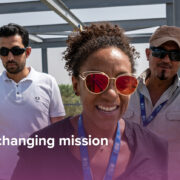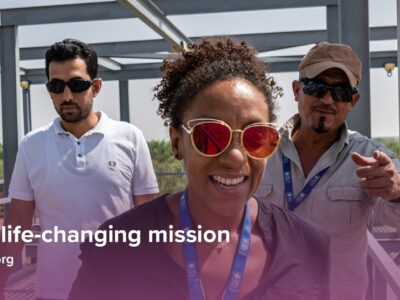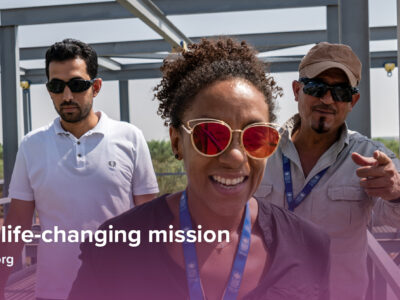Introduction:
Grounded in the vision of equality enshrined in the Charter of the United Nations www.un.org , UN Entity for Gender Equality and the Empowerment of Women (UN Women) www.unwomen,org works for the elimination of discrimination against women and girls; the empowerment of women; and the achievement of equality between women and men as partners and beneficiaries of development, human rights, humanitarian action and peace and security.
Placing women’s rights at the centre of all its efforts, UN Women leads and coordinates the efforts of the United Nations System to ensure that commitments on gender equality translate into action. To accomplish this mandate, UN Women partners with government, the private sector and Non-Governmental Organizations in furtherance of gender equality.
UN Women South Africa Multi-Country Office (SAMCO) is based in Pretoria, South Africa and serves five countries (South Africa, Botswana, Lesotho, Namibia and The Kingdom of Eswatini).
UN Women South Africa is implementing a flagship programme on Stimulating Equal Opportunities for Women Entrepreneurs through Affirmative Procurement, Investment and Supply Chain Policies. The programme seeks to improve women’s access to public and private procurement of goods and services in general, linking women through the value chain.
One of the key outputs of the programme has been to establish an online platform called BuyFromWomen (BFW) https://bfwplatform.brains-on.com The platform since its development has managed to onboard 3993 WOE from the Energy, Transport, Agriculture and other sectors. In Phase two the focus will be on enhancing the platform in terms of usage, access by WOE and other procuring entities. The target is to reach x5000 by Qt4 2022 with more inclusion of WOE living with disabilities. The platform also has a Learning Management System (LMS) that women can access e-learning modules to sustain their business as well as to network for potential procurement opportunities.
Justification:
COVID-19 has exposed major flaws and inequities specifically amongst vulnerable groups such as women, people living with disabilities and youth. From past experience and emerging data, it is possible to project that the impacts of the COVID19 global recession will result in a prolonged dip in women’s businesses, incomes and labor force participation, with compounded impacts for women already.
In order to put in place targeted interventions that fully support Women Owned Enterprises (WOE) to sustain their businesses During and Post COVID-19 it is proposed that existing data collected on WOE is urgently analysed to inform support required and how government and private sector can utilize the platform to procure from WOE.










Comments